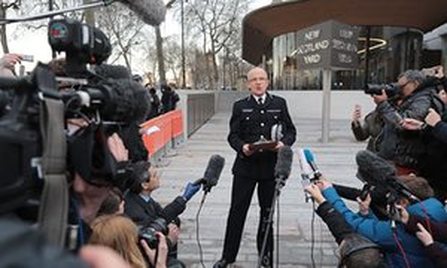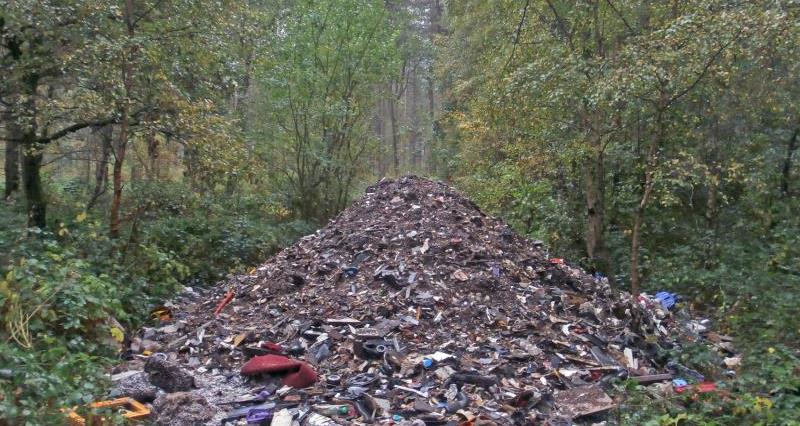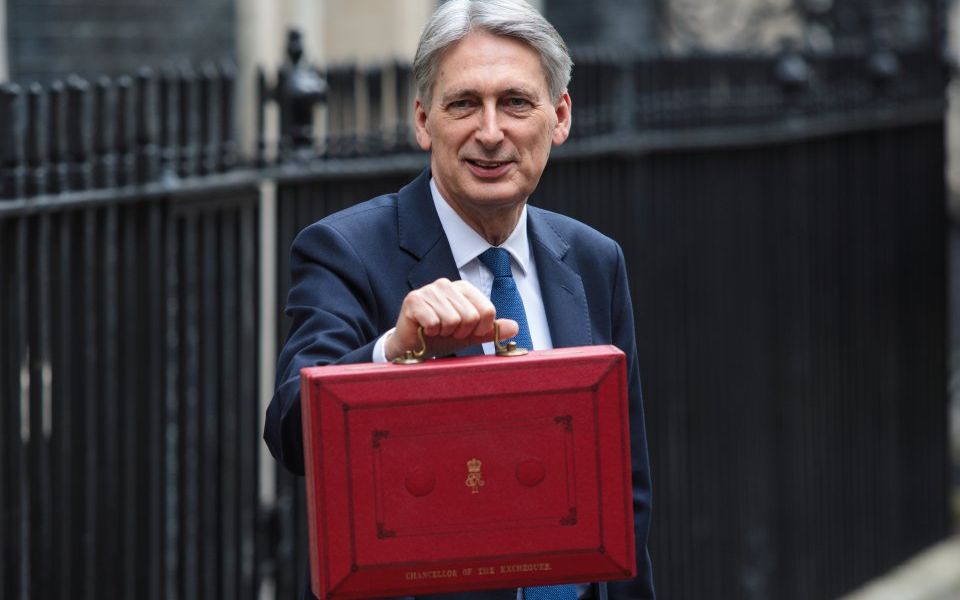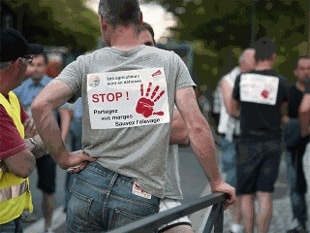
A letter in the Farmers Weekly raised these tragic and shocking statistics, and make the point, that no business sets out to deliberately ignore the health, safety and welfare of employees, whether paid staff or family members.
As John Pitts noted, health and safety compliance requires large amounts of time and often significant financial investment. Therefore a business has to be able to afford both.
However, businesses that are struggling often have to choose between financial investment, the need to feed the family, pay the VAT man or the feed supplier.
It may be a short-term view, but many farmers do not have the financial luxury to look further. Farmers, their families and staff work long hours, and when finances are tight, they work even longer hours. This leads to excessive tiredness, which is often when accidents happen.
As uncertainty arises; and there is a view that subsidies will be reduced, or become increasingly difficult to acquire, and national retailers and processors reduce farm prices, and consultants and academics demand that farmers become more efficient, the result will be that farmers work even longer hours, and cut costs as they come under increasing pressure.
As John Pitts makes clear, unless it is understood that there is a direct economic link between on-farm profitability and the health, safety and welfare of those working on farms, the death toll will continue to rise.
Every day there are incidents when individuals perform acts of heroism, often risking life and limb. Sometimes on our streets, more often it is just people going about their business in their work place, or in more private circumstances. In most cases these acts are carried out without a thought for personal safety. People act upon impulse because it is a natural to do so, and they are good, honourable, kind and thoughtful people. Too often it is our service personal in war zones who give their lives, as many have done in Iraq and Afghanistan.
Occasionally such acts of bravery happen in the glare of national and international publicity, as with PC Keith Palmer. These incidents dominate the headlines and airwaves for weeks, and increasingly, in such circumstances, there are those who call for these now high profile brave people to be recognised as ‘super heroes’.
Our country is full to bursting with ‘super heroes’, and there will never be enough plinths, plaques and awards to acknowledge their selfless bravery. There will without question be many more incidents similar to that which occurred last week; they should be approached stoically as the British do best. Too much drama feeds the egos of those who wish to destroy our confidence.
Last week was dominated by extreme highs and lows. The 100th birthday of Dame Vera Lynn was wonderfully and appropriately celebrated. Dame Vera is a wonderful icon who has brought joy and pleasure to the troops during the war, to her adoring audiences and fans, and through raising funds for countless charities, including the unique “Dame Vera Lynn Children’s Charity”. This special school for children with Cerebral Palsy and other motor learning difficulties, is where parents and children work together in a supportive environment.
A notable funeral also took place in Sussex, for Roger Welch. ‘Uncle Roger’, as he was known to close friends and family, was Dame Vera Lynn’s elder brother. Had he lived just one more day he would have reached his 103rd birthday.
Roger, like his sister Dame Vera was highly respected in the music world, and during the War he and Max Bygraves performed a double act, together entertaining the troops, and audiences at home.
We learnt during his funeral at Worthing Crematorium, that he had promoted Abba and the Beatles in their early days with their first records. And he famously turned down a certain Elton John, saying, “That boy will never make the grade”!





 RSS Feed
RSS Feed